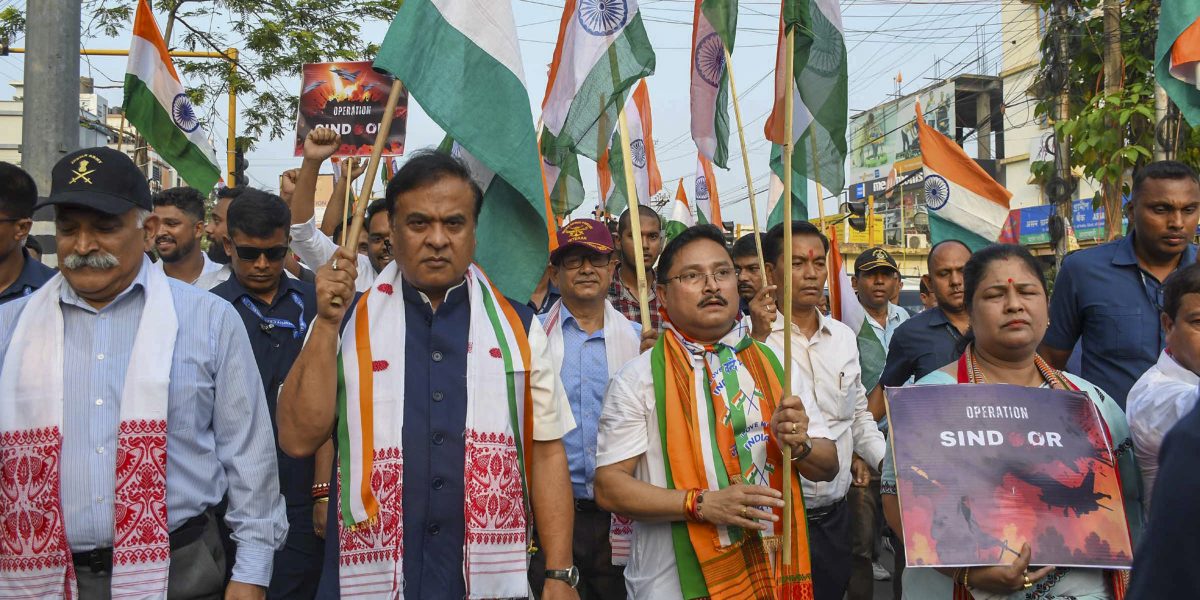
New Delhi: This past week, Assam chief minister Himanta Biswa Sarma had announced that his government would issue arms license to the “original inhabitants” and “indigenous” people residing in “vulnerable and remote areas” and those along the border with Bangladesh as a “deterrent to unlawful threats.”
Sarma’s announcement, made after a cabinet meeting on May 28, came as a bolt from the blue to many in that north-eastern state; was met with surprise, shock and criticism, both on social and news media.
Several in Assam have since expressed concern that it might push the state towards lawlessness, and mob justice. If law and order is handed over to the citizen by arming them, won’t it weaken the police, many has since asked? Is Assam Police under Sarma, who is also the home minister, losing control and common citizens have to be armed now for their own safety, some others have questioned.
In a poll bound-state, the Opposition parties are also calling the move of the Bharatiya Janata Party (BJP) government a shot at polarising voters to corner a victory because Sarma had categorically named five districts where the special scheme would be applicable.
A large swathe of the population in all those districts – Nagaon, Morigaon, Barpeta, Goalpara, Dhubri and South Salmara – belong to the Muslim community of East Bengal origin. The poll lens that Assam Opposition is using to interpret the announcement has only been plucked out of the trajectory Sarma has taken as a chief minister.
The communal trajectory
If we look at Sarma’s journey in politics in the last ten years, it is not difficult to understand that it has been designed around communal sentiments – be it delivering a fiery speech as a Congress leader in the Muslim-dominated areas of Assam in 2014 claiming that in Gujarat under Narendra Modi, the water taps carry the blood of Muslims (referred to the 2002 riots); or becoming a vocal proponent against that community after having jumped ship to the BJP.
If in 2014, he had to make that speech in the East Bengal origin Muslim-dominated areas of Assam against the BJP’s prime ministerial candidate to ensure that the community’s votes wouldn’t go to the All India United Democratic Front (AIUDF), now he has to continuously go after the same community so that the Assamese non-tribal and tribal votes don’t flip back to the Congress.
This story was originally published in thewire.in. Read the full story here.

